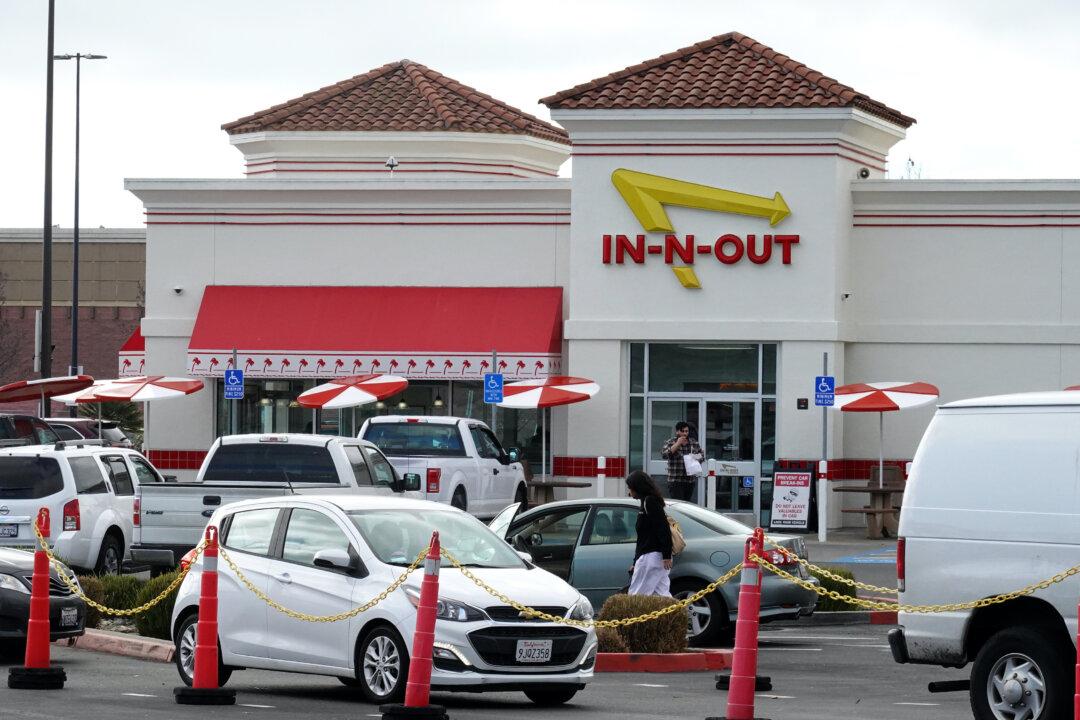California Governor Gavin Newsom announced the installation of hundreds of cameras in Oakland and East Bay in an effort to improve public safety, a move criticized as creating a surveillance state.
The California Highway Patrol (CHP) has entered into a contract with Georgia-based crime-fighting tech firm Flock Safety to install roughly 480 high-tech cameras in a bid to “combat criminal activity and freeway violence,” according to a March 29 press release from Mr. Newsom’s office. Out of the 480 cameras, 290 are expected to be deployed in and around Oakland while 190 will be installed along state highways in East Bay. “The camera network will use a patented technology that allows law enforcement agencies to identify vehicle attributes beyond license plate numbers.”





